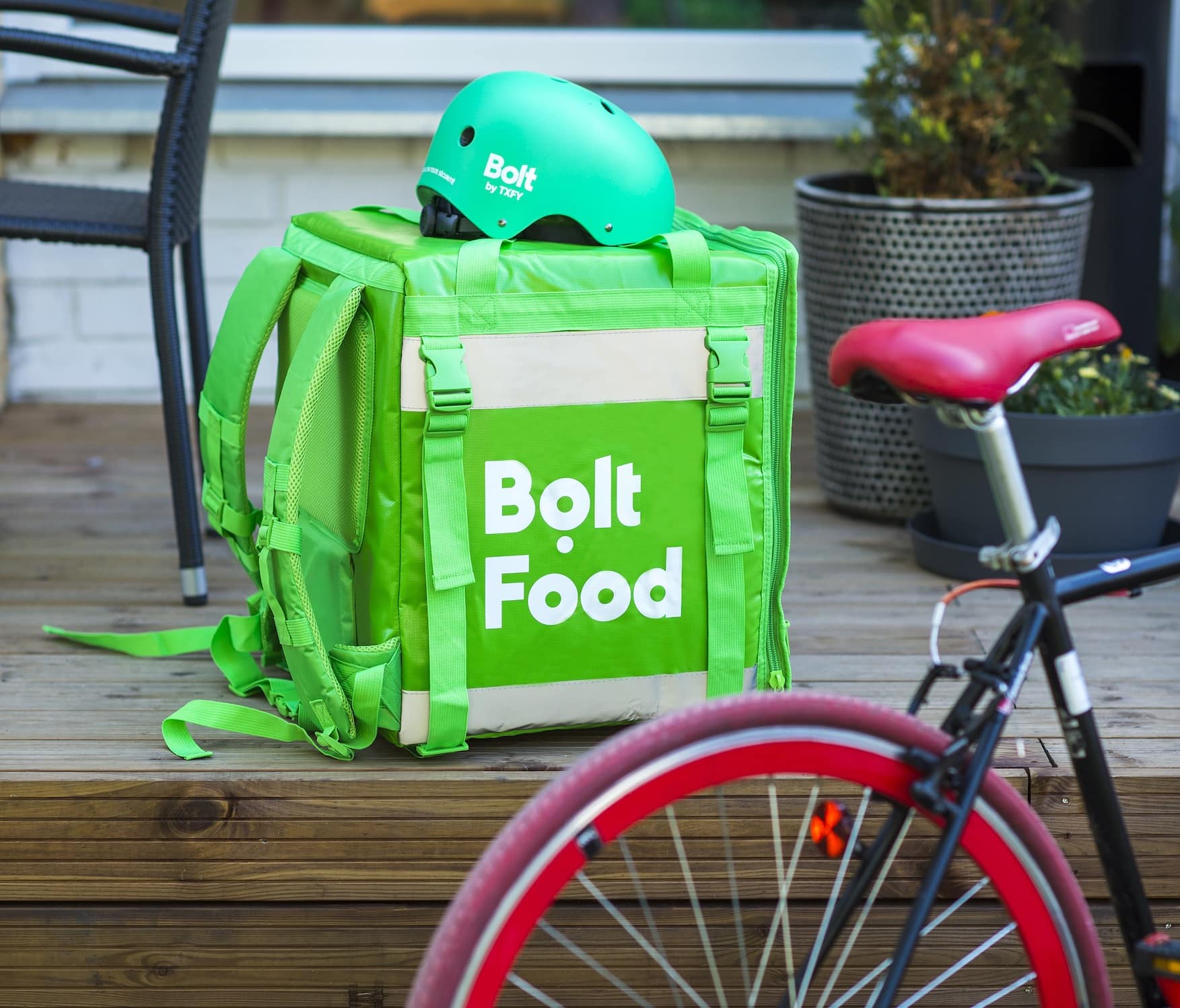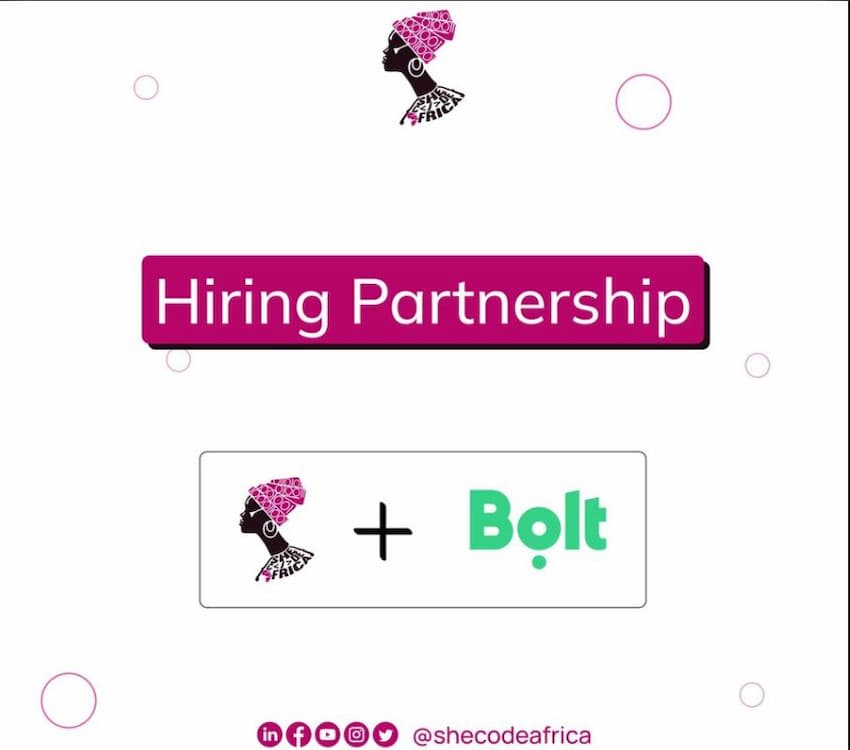e-Taxi company, Bolt is set to commence food delivery in Kenya post-COVID-19.
This is the company’s latest attempt to resuscitate the business since it was disrupted by the pandemic.
The plan was made known to the public via a press statement, where Bolt boasted of its presence in over 30 markets.
According to the company, now is the best time to expand into the food delivery industry.
Bolt’s decision was, however, hastened by the negative impact of the pandemic.
It has had to deal with mobility constraints and a lack of bookings over the last couple of months.
The situation was made even worse after most countries embarked on a mandatory lockdown.
Currently, the situation has been eased, and businesses are going back to normal again.
Of course, this is not the first time Bolt is venturing into the food delivery business.
Kenya is the third country after Nigeria, and South Africa, where the company’s food delivery service is currently operational.

Source: Bolt
Profitability and more competition
Bolt’s closest rival – Uber also has a sub-section dedicated for the same purpose.
Likewise, there are tons of fast-rising startups like Gokada and Jumia Food that are also competing for a stake in the industry.
While most sectors were significantly affected by the pandemic, Uber Eats, for instance, has recorded massive revenue.
This subsection of Uber posted revenue of about $819 million in Q1 alone.
Bolt.ng, on the other hand, saw a 75% drop in revenue around the same time.
Little wonder why Bolt is also betting big on food delivery, alongside other startups with shared-purpose.
Also, Bolt, unlike Uber, has not released any financial report since 2018. Then, Bolt reported a $95 million (€79.7 million) revenue with $72 million (€61 million) as its total net loss.
We’re bringing Bolt food to Nairobi soon! 🌭 🍔
Help us make this happen faster by mentioning them in the comments 👇🏾
P.S are you a restaurant owner feeling the love💚
Click this link to register https://t.co/9w1Ugkuesl#BoltInKenya pic.twitter.com/ZXw0lOeVvk
— Bolt Kenya (Taxify) (@Boltapp_ke) May 8, 2020
In the meantime, the company’s most viable strategy is the food business. In that vein, it is counting big on the three locations stated earlier.
Bolt vs. others in Kenya
Currently, Jumia Food is the biggest e-food delivery vendor in Kenya, with over 250 restaurants.
The platform also accounts for slightly above 10,000 customers in total.
Uber Eats, which is also a real rival, is not doing bad at all. The platform has more than 400 registered restaurants and counting.
Another strong contender is Glove, who also caters to a broad audience in the country.
ALSO READ: Lagos State Heeds to Outburst, Revises e-Taxi Regulations
Fortunately, Kenya is the third country in Africa with the highest internet penetration.
In 2019 Statista puts the country’s number of internet users at 46.87 million.
That’s over 80% of its entire population which currently stands at 51.39 million.
Regardless of the high rate of internet penetration, Bolt will still have to compete heavily with others.
As such, it may take a while before it makes any significant progress. More interesting is the fact that you (user of this service) will be entitled to more alternatives.
In the long run, Bolt’s ability to sustain its new venture is dependent on user experience.
What do you think of Bolt delving into the Kenyan food delivery industry? Let us know in the comments section below.



















 and then
and then